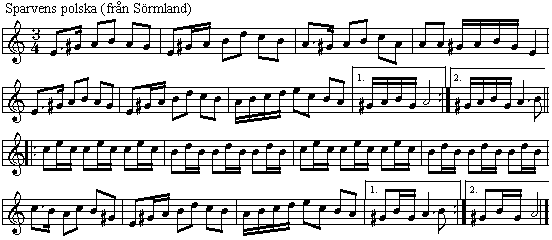Far too much has been made of repeated assertion that “Celtic” music evolved from “Gregorian” chant, which it very likely predates.
I don't think it "evolved" from Gregorian chant either, not in a completely direct way at least, but... evidence? All the evidence we have from written music at least, chant is WAY older than Irish, Scottish, etc. music- tho that's not being fair sicne likely they
couldn't write their music down. Still tho, I don't think it's fair to say it "very likely" predates it either.
Gregorian chant actually is an amalgam of previously existing liturgical traditions, Hebraic, Roman, Germanic, Greek, Arabic, and even the Celtic, that were fused together over time and reflected the usage of the growing Western church. Remember, for eons the Celtic church had it’s own unique chant and it’s own rites which were eventually banned by Rome.
Yes, but if you look at what manuscripts we have of native British/Irish chant, it's all very much like Gregorian chant (as far as I know; I
think the ones I looked at predated Gregory). Fact is, when the evangelists came to Northern Europe, they brought Southern music with them. When they established churches, the songs they knew were Southern. So it's only natural for the recent converts to make music like the music they hear in church.
The real origins of this ancient Irish music are likely lost to us, but I doubt they needed to “borrow” much from the Romans or anyone else. Frankly the idea that the "core" of Irish music is Latin is seriously offensive to me. Can not a people create purely on their own accord??
Of course! But the fact is, a man's not an island, and neither is... well, an island!

There's definately a lot of similarities between chant and Irish music, and the Romans and the Irish didn't exactly have much intercourse before the church. They didn't "need" to borrow, but, well, why not? Cultures merging and breaking and conversing and seeing how it all plays out is one of the awesome things about humanity.
(though as a footnote I do think it's a lot more evident that later medieval amusic, which was itself in some ways (in
some ways!) an extension on plainchant, influenced Irish music. Baroue music too! Whenever I play Baroque music (which sadly isn't very often, but a more classical flutish friend and I have taken to doing some random easy duets), I think "Dude, this stuff is liek gentrified Irish/Scottish music!").
 "It might be a bit better to tune to one of my fiddle's open strings, like A, rather than asking me for an F#." - Martin Milner
"It might be a bit better to tune to one of my fiddle's open strings, like A, rather than asking me for an F#." - Martin Milner